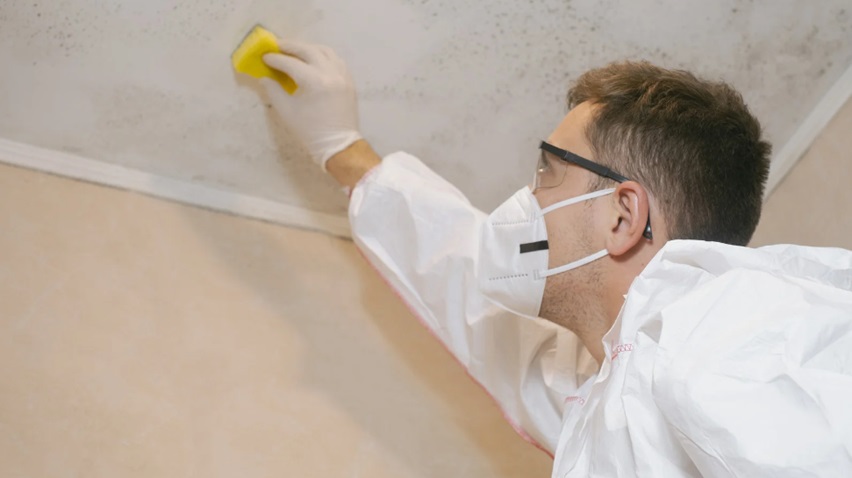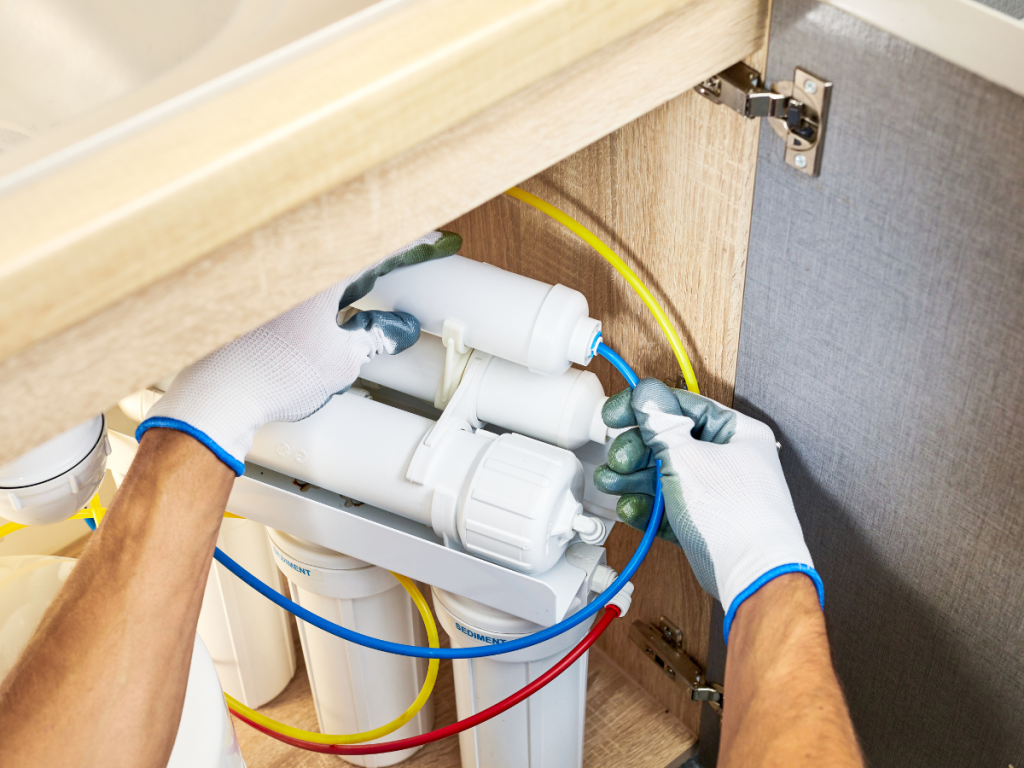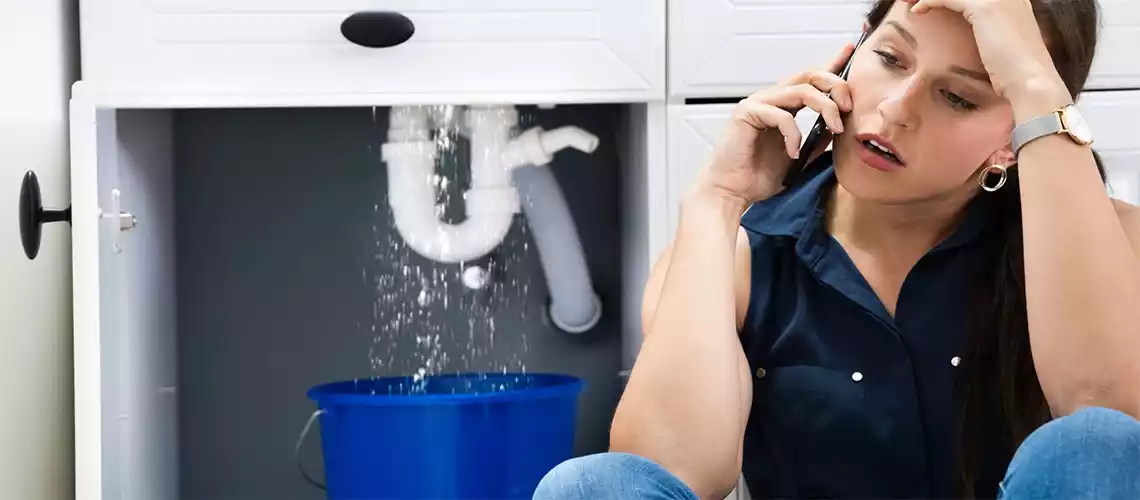In the bustling commercial real estate market of Atlanta, property owners and managers are increasingly recognizing the critical importance of maintaining healthy indoor environments. At the forefront of this concern is the issue of mold growth, which can significantly impact both the health of occupants and the value of commercial properties. A commercial mold inspection in Atlanta has become an essential tool in preserving property value and ensuring the well-being of tenants and employees alike.
Understanding Commercial Mold Inspections
What is a Commercial Mold Inspection?
A commercial mold inspection is a thorough assessment of a property’s interior and exterior to identify the presence of mold growth, moisture issues, and conditions that may foster mold development. Conducted by certified professionals, these inspections utilize advanced techniques and equipment to detect mold, even in hidden areas.
The Importance of Professional Inspections
While some property owners may be tempted to conduct their own mold assessments, professional inspections offer several key advantages:
- Expertise: Certified inspectors have extensive knowledge of mold types and growth patterns.
- Advanced Equipment: Professionals use specialized tools like moisture meters and thermal imaging cameras.
- Comprehensive Assessment: Inspectors examine all areas of the property, including hard-to-reach spaces.
- Actionable Reports: Professional inspections result in detailed reports with recommendations for remediation if necessary.
The Impact of Mold on Commercial Property Value
Immediate Financial Consequences
The presence of mold in a commercial property can have severe financial implications:
- Decreased Property Value: Mold issues can significantly reduce a property’s market value.
- Higher Insurance Premiums: Properties with a history of mold problems may face increased insurance costs.
- Loss of Rental Income: Mold can lead to tenant vacancies and difficulty in attracting new lessees.
Long-term Economic Effects
Beyond immediate financial impacts, mold can have lasting effects on a property’s economic viability:
- Reputation Damage: News of mold issues can tarnish a property’s reputation, affecting future leasing opportunities.
- Increased Maintenance Costs: Ongoing mold problems may result in higher maintenance and repair expenses.
- Legal Liabilities: Property owners may face lawsuits from tenants or employees affected by mold-related health issues.
The Role of Inspections in Property Value Preservation
Regular commercial mold inspections play a crucial role in maintaining and even enhancing property value:
Preventive Measures
By identifying potential mold issues early, property owners can take preventive action before problems escalate. This proactive approach can save significant costs in the long run and preserve property value.
Documentation for Stakeholders
Professional inspection reports provide valuable documentation for stakeholders, including:
- Potential buyers conducting due diligence
- Insurance companies are assessing property risk.
- Tenants are concerned about indoor air quality.
Compliance with Regulations
Many jurisdictions have specific requirements for mold inspections and remediation in commercial properties. Regular inspections ensure compliance with these regulations, avoiding potential fines and legal issues.
Innovations in Commercial Mold Inspection
The field of mold inspection is continually evolving, with new technologies enhancing the accuracy and efficiency of assessments:
- DNA Testing: Advanced molecular techniques can precisely identify mold species.
- IoT Sensors: Internet-connected devices can monitor moisture levels and alert property managers to potential issues.
- AI-Powered Analysis: Artificial intelligence is being used to analyze inspection data and predict potential mold growth areas.
Choosing the Right Inspection Service
When selecting a mold inspection service for your commercial property, consider the following factors:
- Certification: Ensure inspectors hold relevant industry certifications.
- Experience: Look for companies with a track record in commercial property inspections.
- Technology: Inquire about the types of equipment and techniques used.
- Reporting: Ask for sample reports to understand the level of detail provided.
- Customer Reviews: Research online reviews and ask for references from past clients.
The Remediation Process
If a commercial mold inspection reveals significant issues, the next step is often remediation. Commercial mold remediation involves a series of steps to remove mold and address underlying moisture issues. This process typically includes:
- Containment of affected areas
- Removal of contaminated materials
- Cleaning and disinfection
- Addressing moisture sources
- Restoration of affected areas
Preventing Future Mold Growth
While regular inspections are crucial, property owners can take additional steps to prevent mold growth:
- Maintain proper ventilation throughout the building
- Address water leaks and moisture issues promptly
- Regularly inspect and maintain HVAC systems
- Educate tenants on mold prevention practices
For more comprehensive strategies, property managers can refer to resources on ways to get rid of mold in commercial buildings.
Conclusion: Protecting Your Investment
In the competitive commercial real estate market of Atlanta, protecting property value is paramount. Regular commercial mold inspections serve as a critical tool in this effort, offering benefits that extend far beyond mere compliance. By identifying and addressing mold issues early, property owners can preserve their investments, ensure tenant satisfaction, and maintain a healthy indoor environment.
As we look to the future, the importance of mold inspections in commercial properties is likely to grow. With increasing awareness of indoor air quality and its impact on health and productivity, tenants and buyers will continue to prioritize properties with a proven track record of mold prevention and management.
For commercial property owners in Atlanta, partnering with a reputable mold inspection service is not just a wise decision—it’s an essential step in safeguarding their investment for years to come.






Comments